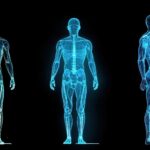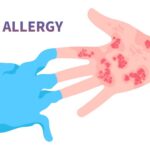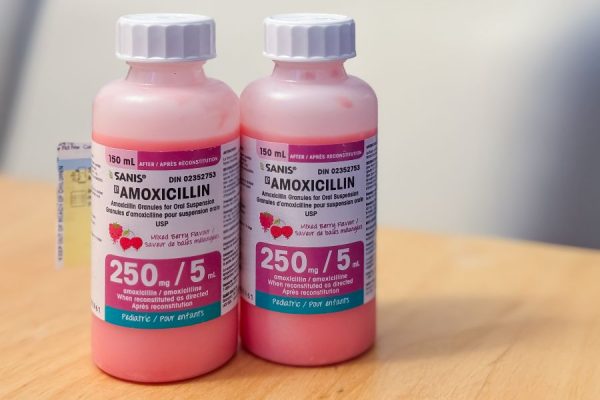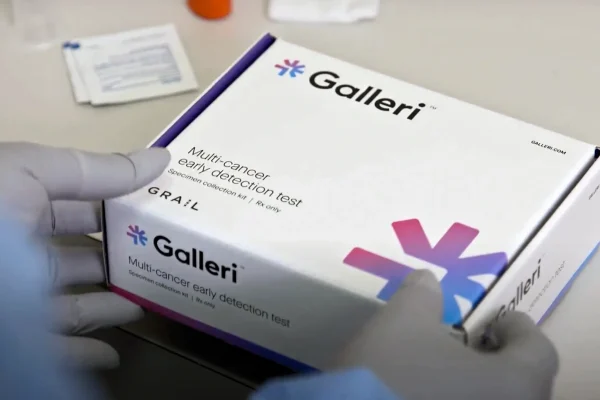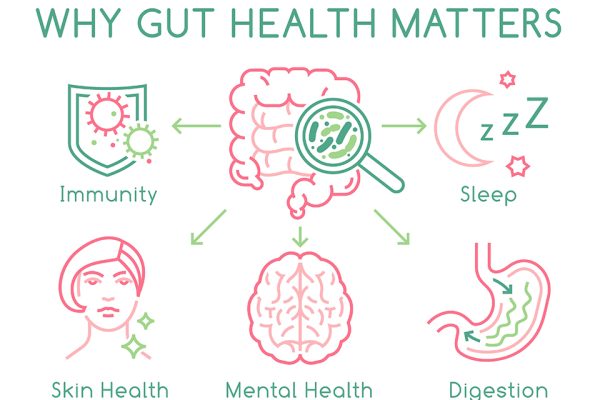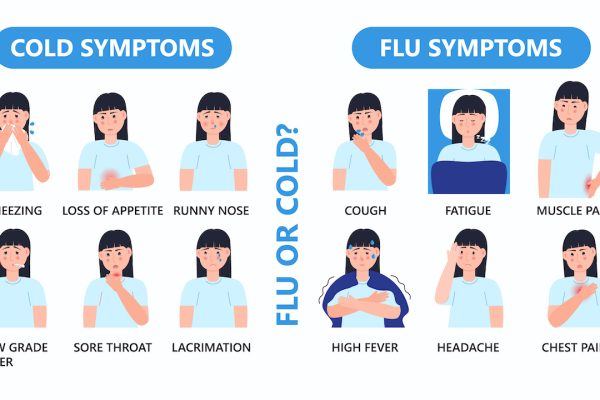What is Hashimoto’s Disease?
Overview Hashimoto’s disease is a chronic autoimmune disease that affects the thyroid. It causes hypothyroidism which means the thyroid gland functions less than it normally should. The thyroid is a butterfly-shaped gland below Adam’s apple in the neck. A picture of normal thyroid vs Hashimoto’s disease is shown below. It is part of the endocrine…




